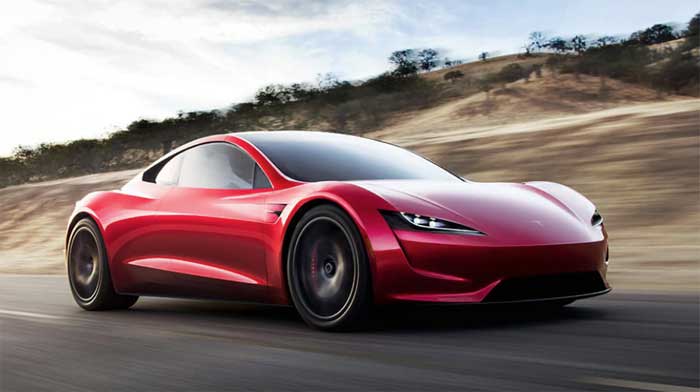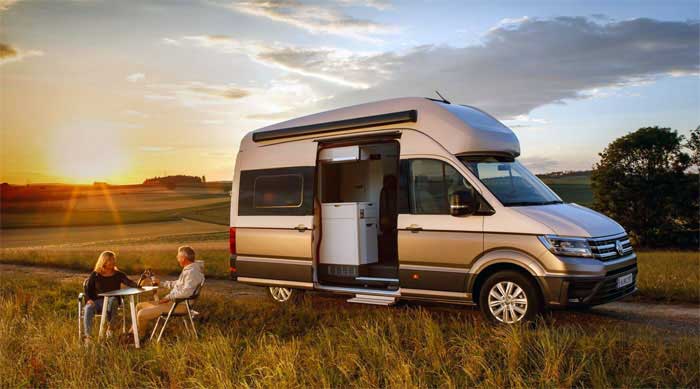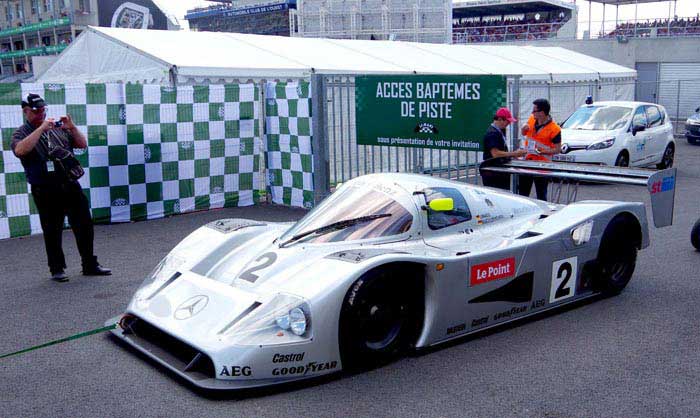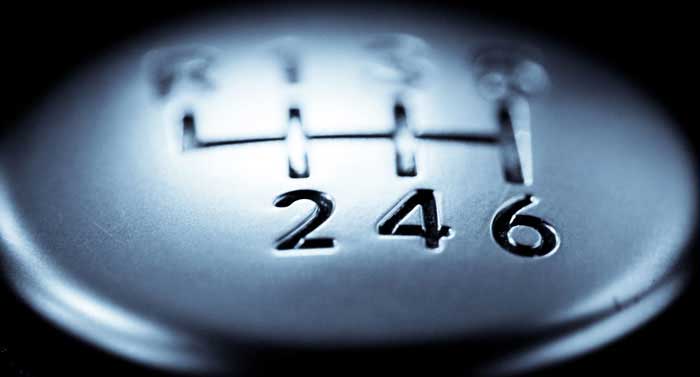The world's oils supplies are quickly diminishing, and with so many households owning more cars that the number of people they contain, the demand for alternative methods of fuelling transport is ever increasing. Here is a brief insight into some alternatives that are currently on the market and the benefits of using them.
Alcohol or Ethanol
This is made using distilled crops such as corn, barley or wheat. These are renewable sources, although are sometimes blended with petroleum to improve emissions and increase octane levels. Where food sources are used to create this fuel, food prices can potentially increase and availability of them could potentially decrease, so it doesn't come without a price.
Electric
Electric cars are effectively refuelled by charging a battery, and there is already an extensive electric network installed in many countries. Electric cars are by far the greenest mode of private transportation, despite the fact that a lot of the electricity is produced using natural gas, coal or oil. If electric cars run on fuel cells, they do not rely on combustion and therefore do not create emissions that harm the environment.
These are the new electric vehicles coming later this 2019: Audi e-tron, Mercedes-Benz EQC, Mini Electric, BMW i3, Nissan Leaf e+, Porsche Taycan, Kia Niro EV, Volvo all-electric XC40, Hyundai Kona Electric, The $35,000 Tesla.
Biodiesel
This alternative fuel is made using vegetable oils or animal fats, occasionally recycled from restaurants after they have finished cooking with them. It can come in either it's pure form or be combined with petroleum, the product of which can even be used in unmodified engines.
Hydrogen
Certain internal combustion engines can use a mixture of hydrogen and natural gas as an alternative fuel. The positive of this method is that there are no harmful emissions, however it is a very expensive method to use and there is no real infrastructure in most places to support this system. The power is created using a reaction between the hydrogen and the oxygen.
Propane
Sometimes referred to as liquified petroleum gas or LPG, this byproduct of natural gas processing and crude oil refining is also used for cooking and heating. It does produce harmful emissions, although less than gasoline, although one of the major disadvantages is the excess of methane which is very harmful to our atmosphere and the rise in global warming issues.
Natural Gas
Like propane, natural gas produces high levels of methane, although overall it produces less harmful emissions than petroleum or diesel. It is quite easily accessible in countries that use it frequently in households for cooking and heating.
Diesel
The most popular alternative to petroleum is diesel. Diesel engines are considered more efficient and require less maintenance than gas engines. Over time, the development of diesel engines has reduced excess noise that was initially quite a large problem. Diesel engines tend to deliver 25 - 30% better fuel economy. Diesel used to be cheaper than petroleum, however now the prices have risen and they are often much the same per a litre, and as the demand for diesel increases due to more consumers using it for heating and transportation, the price will only rise. Diesel still omits harmful emissions to the atmosphere and is not a long term solution for the shortage on petrol.




